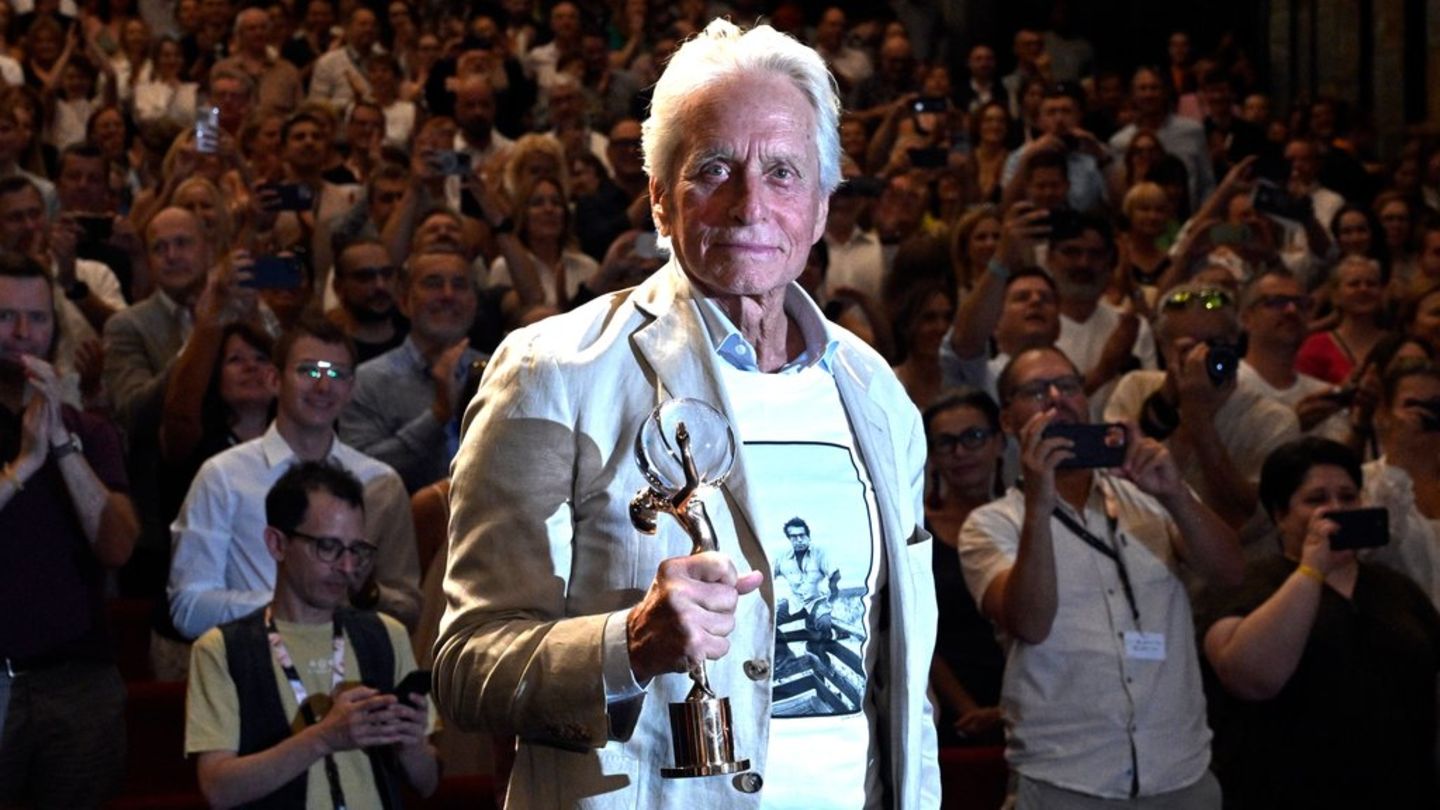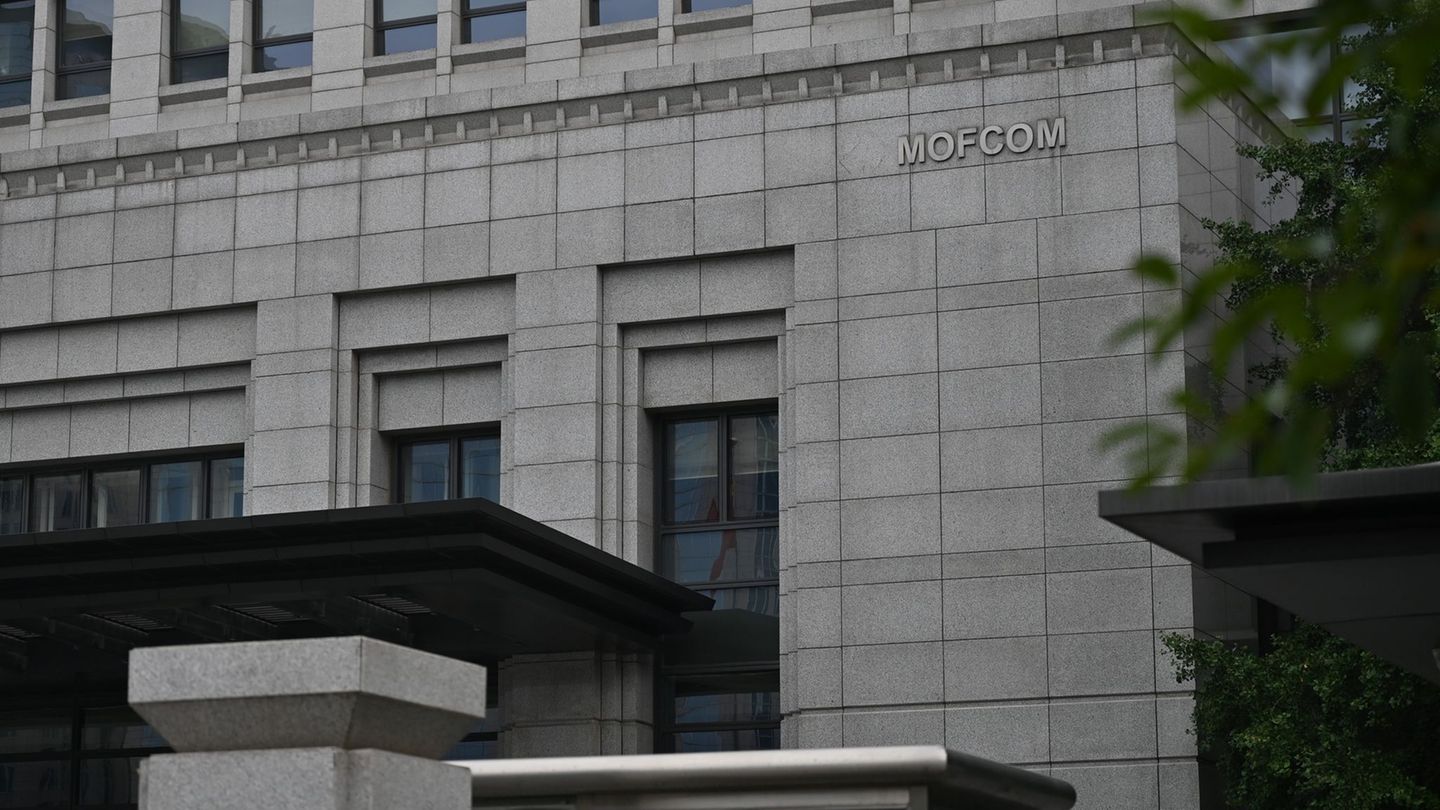Perhaps the most important test of the church’s ability to change is the official approval of blessing ceremonies for homosexual couples. The Synodal Assembly has now made its decision.
The Synodal Assembly for the Reform of the Catholic Church decided on Friday in Frankfurt/Main to officially celebrate blessings for homosexual couples. 176 of 202 assembly members voted in favour, 14 against. Twelve abstained. The necessary two-thirds majority of the bishops was also achieved.
A working group is now to be formed that will create a handout for the blessing celebrations “promptly”. The handout is intended to specify how the blessing celebrations should take place. As soon as this handout is ready, every bishop can implement the blessing celebrations in his diocese. In 2026 there will then be an evaluation of the experiences.
After the vote, applause erupted in the Frankfurt exhibition hall. The approval of blessing ceremonies for same-sex couples was a main requirement for the Synodal Path reform process, which has been ongoing since 2019, and was considered a touchstone for the Catholic Church’s ability to change in Germany.
The blessing celebrations are already practiced in many communities today, but take place in a gray area in terms of canon law – in church rooms without much announcement or even in living rooms, as it was said. This should be over now. In the future, nobody should have to hide anymore. Priests who donate the blessing should no longer have to fear sanctions. Divorced people who have remarried should also be able to be blessed.
Against the line of the Vatican
However, the difference to marriage should always be made clear. In the Catholic Church it is a sacrament, a “sign of salvation” in which people can encounter God. The Vatican clarified in 2021 that it was “not permissible” to bless homosexual partnerships, since such unions “could not be recognized as being objectively directed towards God’s revealed plans”.
Among those who announced a rejection of the application in Frankfurt, reference was made to the very different positions within the world church on homosexuality. In Africa, the Catholics are strictly against it, said delegate Emeka Ani. The Bishop of Eichstätt, Gregor Maria Hanke, warned of a conflict within the Church on this issue, as the Anglican Church is currently experiencing. According to their own words, Bishop Stefan Oster from Passau and Bishop Rudolf Voderholzer from Regensburg were among the bishops who voted against the blessing celebrations.
On the other hand, the theologian Mirjam Gräve, who is married to a woman, emphasized: “Giving blessings is the church’s very own mission.” You could hear her emotions when she explained why the two “already quite Catholic” women had not tried to receive a more or less secret blessing: they had acted as supplicants. Theology professor Julia Knop also emphasized: “If liturgy is used to humiliate people by refusing blessings, that contradicts the will of God.”
Good experiences in Belgium
At the Synodal Assembly, Antwerp Bishop Johan Bonny reported humorously on the introduction of blessing ceremonies for same-sex couples in Belgium, which has already taken place. This was relatively silent, he reported. They have agreed informally with the Vatican. Pope Francis just said to him: “It’s your decision.” He also emphasized that it is important to continue on this path with wisdom. Bonny: “With wisdom? We always have to.”
However, the reformers also suffered setbacks in Frankfurt. The synodal assembly decided to strengthen the rights of the laity – for example, it is about women being allowed to preach in church services. However, at the insistence of the bishops, the resolutions were significantly weakened and softened – just like on Thursday evening, when the opening of the priestly compulsory celibacy was discussed. Many members of the synod accused the bishops of blackmail: they mercilessly exploited the fact that nothing could be decided without them. All decisions of the assembly must be approved by the bishops with a two-thirds majority.
The chairman of the German Bishops’ Conference, Georg Bätzing, practically implored the other bishops to fully support the outstanding reform plans: “I ask the fellow bishops not to let these proposals fail.” The President of the Central Committee of German Catholics, Irme Stetter-Karp, was harsh on the bishops: “How long do you want to continue to make use of our not infinite but very great willingness to compromise, dear bishops?” she reproached them. “Sometimes some of us also feel blackmailed. It is high time that you meet us. Now please take a step towards us. Move!”
There was at least a large consensus on two texts that dealt with the prevention of abuse and sexualised violence in the second and first reading respectively. Both were passed unopposed with only a few abstentions. A clear signal in dealing with the victims – it was also the abuse scandal that triggered the reform process of German Catholics in the first place. Work is now to continue on a text that also deals with measures against abuse of women in the church.
Source: Stern
I have been working in the news industry for over 6 years, first as a reporter and now as an editor. I have covered politics extensively, and my work has appeared in major newspapers and online news outlets around the world. In addition to my writing, I also contribute regularly to 24 Hours World.




